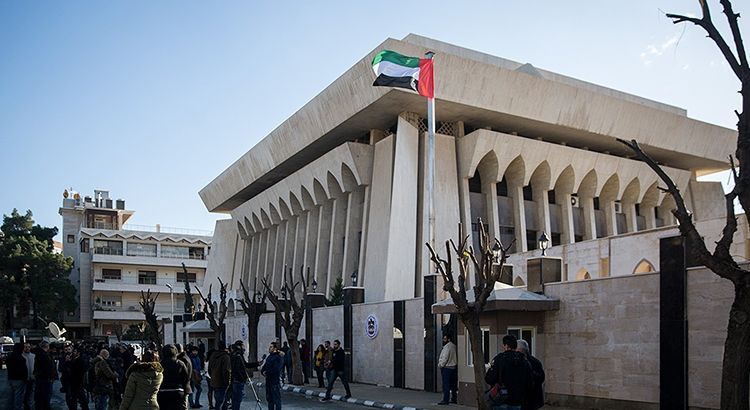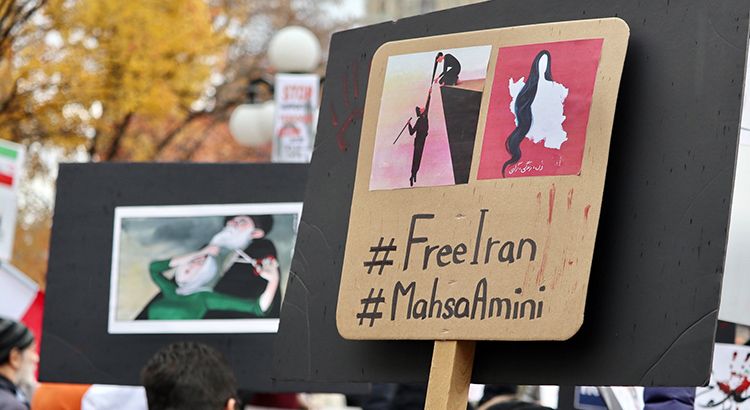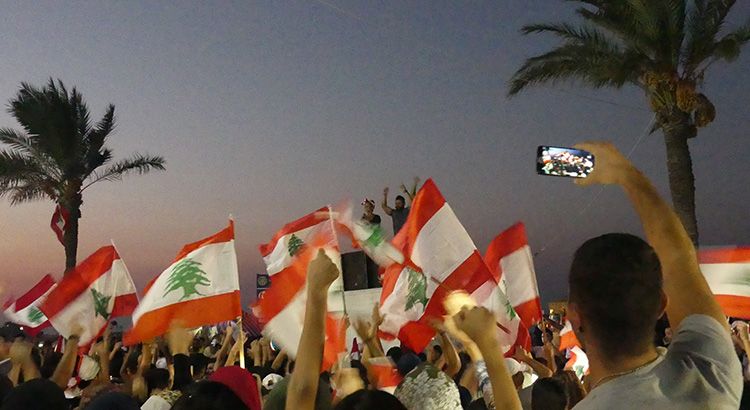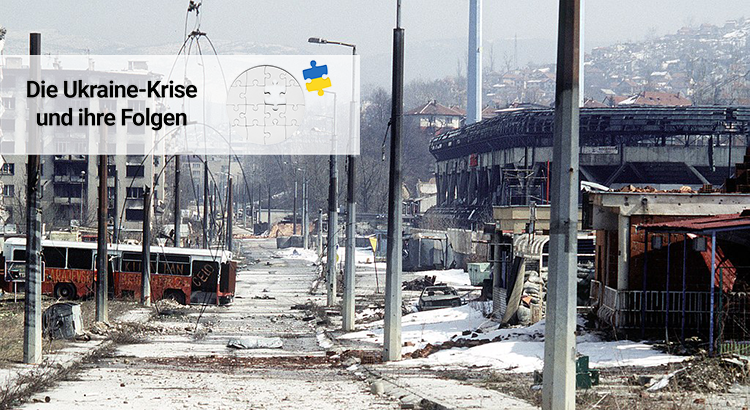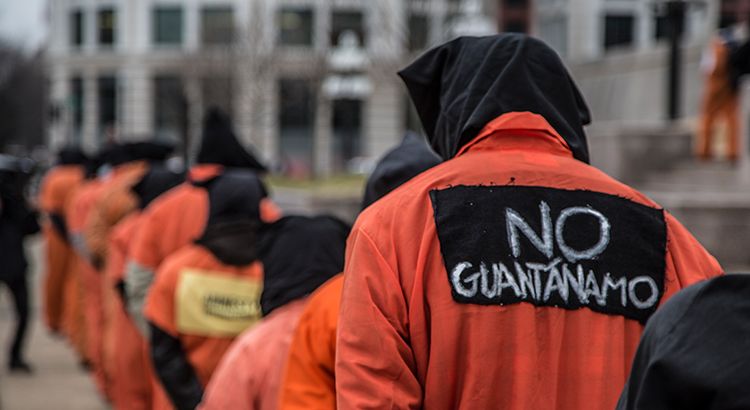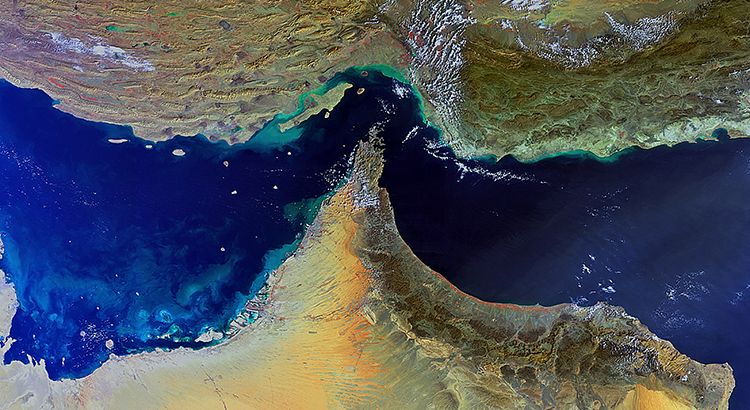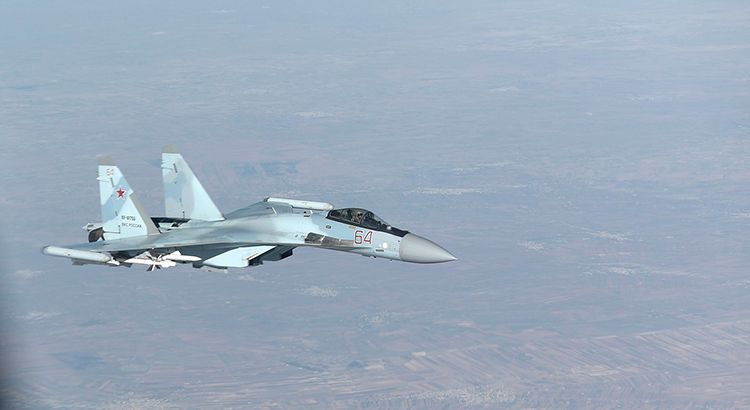Author: Mustafa Karahamad
Mustafa Karahamad ist Doktorand im Programmbereich „Transnationale Politik“ und Mitglied der Forschungsgruppe „Terrorismus“ an der HSFK. Er forscht zu muslimischen religiösen Institutionen und der Legitimierung politischer Gewalt im Nahen Osten. // Mustafa Karahamad is a doctoral researcher in PRIF’s research department “Transnational Politics” and member of the research group “Terrorism”. His research interests are Muslim religious institutions and legitimization of political violence in the Middle East.
Syria has returned to the stage of regional diplomacy with the readmission of Damascus to the Arab League after a 12-year suspension. The country’s comeback is the outcome of regional diplomatic efforts that started in 2018 but reached their climax after the devastating earthquake in Syria and Turkey in February. Normalization with Syria comes without any accountability for the crimes the Syrian regime has committed against its own people nor a change in behavior that would signal the end of the suffering of Syrians. We argue that despite international and regional factors setting the stage, domestic factors are Arab states’ main incentives for normalization.
Will the Protests in Iran Change Regional Power Dynamics in the Middle East?
Images of Iranian women burning their hijab in the last four weeks demonstrates the unraveling of the ideological foundations of the Islamic Republic. This discontent, however, extends beyond Iran’s borders, and has strained the relationship with its regional clients. We argue that the ongoing demonstrations in Iran may exacerbate Iran's already-shifting regional position, as the ongoing protests both question the legitimacy of the regime within and outside the country, and further weaken Iran’s capacity to support its clients in the Middle East.
Reformist MPs Deny Hezbollah Majority in Lebanese Parliament – Prospects for Lebanon after the Elections
The results of the Lebanese parliamentary elections on May 17 showed a decrease in the number of seats claimed by Hezbollah and its supporters, and increases favoring the non-partisan reformist candidates supporting the October 17 protests of 2019. These developments reflect the growing will for change towards a democratic civil society in Lebanon, but they do not come without significant challenges. This blog examines the results of the Lebanese parliamentary elections and discusses the political difficulties in the coming phase; arguing that, given the risks of a power vacuum, the best possibility of democratic states is to support reformist representatives.
Blick zurück nach vorn: Was droht bei einer Belagerung ukrainischer Städte?
Bei ihrem Überfall auf die Ukraine sind die russischen Truppen auf größeren Widerstand gestoßen als von ihrer Führung offenbar erwartet. Kiew und andere Städte stehen weiterhin unter Kontrolle ukrainischer Kräfte. Wie das russische Militär darauf reagieren wird, ist offen. Möglicherweise sieht es zunächst von Versuchen ab, stark verteidigte Städte vollständig einzunehmen, und setzt stattdessen auf deren Belagerung, die mit massivem Beschuss einhergeht. Was dann den Menschen in Kiew und anderswo in unmittelbarer Zukunft droht, zeigt ein Blick zurück auf die Belagerungen von Sarajevo in Bosnien-Herzegowina sowie Ost-Ghouta und Aleppo in Syrien.
A Guantánamo in Syria for European Jihadists is not a Solution
Despite previous European calls for the US to close Guantanamo Bay detention camp, established twenty years ago, several European countries are using similar de facto detention camps in Syria. This blog-post argues that detention camps controlled by Kurdish forces in northeast Syria are a security risk rather than a solution. Aside from humanitarian and legal arguments usually made in this context, recent developments in northeast Syria show that Islamic State of Iraq and Syria (ISIS) is regrouping, illustrated by its high scale attack on the Ghweran prison in Al-Hasaka, in January 2022.
Overcoming Gulf-Rivalry? Challenges and Chances of Saudi-Iranian Dialogue
While the Saudi-Iranian relations have mostly been shaped by ‘peaceful rivalry’ since the Islamic Revolution in 1979, they increasingly turned hostile following the so-called ‘Arab Spring’. Building on recent dynamics in the Gulf region, high level politicians of Saudi Arabia and Iran have signaled serious willingness for dialogue and reconciliation. We argue here that these renewed efforts are primarily motivated by security and economic concerns but have also been supported through a series of informal interactions at different societal levels. While dialogue seems possible and desirable, its long-term prospects will be challenged by changing regional dynamics and the respective political will to overcome historical constructs of rivalry and regional competition.
Counter-Terrorism for Peace – Syria between the Russian-Led Coercive Peace and the United States’ Withdrawal
After the fifth round of the UN-led Constitutional Committee for Syria in January 2021, the UN Special Envoy for Syria, Geir Pederson, eventually announced that they failed to draft a new charter for the Syrian constitution. Further UN-led negotiations were postponed after the Russian-led meeting in Sochi which took place on February 16 and 17. This blog presents the latest developments of the parallel processes of peace talks for Syria, arguing that the United States’ uncertainty in the region is leading to more success of the Russian-led Astana format. This comes not only at the cost of UN-led engagement in Syria but also risks the lives of the population in Idlib as regional counter-terrorism plans are a central issue in the current peace talks.
Why not to deport suspected ‘terrorists’ to Syria: a security perspective
In their meeting in December 2020, German interior ministers decided not to prolong the general ban on deportation to Syria in place since 2012, which makes Germany among the first European countries to take this controversial move. Refugees with a criminal record and suspects of planning terrorist attacks, the so-called ‘Gefährder’ are facing possible deportation to Syria. Building up on a discussion of Syria’s ambiguous historical relationships with militant Islamists, this blog post argues that sending suspected terrorists back to Syria does not serve a long-term goal of countering violent extremism.
